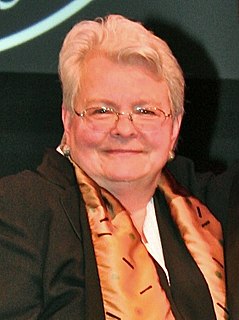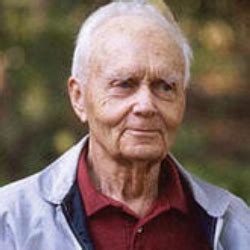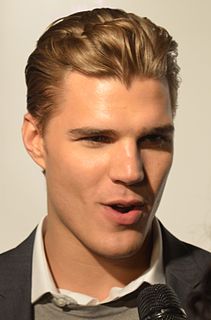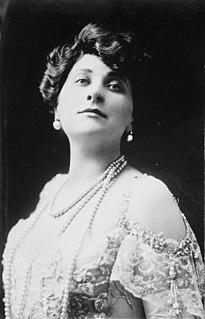A Quote by Nicholas Stoller
And then afterwards I worked in advertising for a year which taught me about writing even when you don't want to (laughter) because there's never a moment that you want to write about an Erickson cell phone but you have to. And that's really important you know obviously for the...like if you really want to write, you have to write every day no matter how you feel or you know. And then, yeah, and then I ended up working in TV and then from TV into movies and then directing, so.
Related Quotes
My writing isn't actually guided by issues. I know it seems that way, but I don't sit down and think, Oh, there's this issue I'm bothered about. I only write about things that directly impact my life. When I write, there's a pain that I have to reach, and a release I have to work toward for myself. So it's really a question of the particular emotional circumstance that I want to express, a character that appears, a moment in time, and then I write the play backwards.
I start out to write five days a week, and then it runs to six days and finally seven. Then, eventually, that wave of weariness overwhelms me and I don't know what's the matter. That is, I know but I won't admit it. I'm just tired from writing. As you get older, writing becomes harder. By that I mean you see so many more potentialities. Things like transition used to trouble me. But not any more. When I say it's harder, I'm not talking about facility. You learn all the so-called tricks, but then you don't want to use them.
Writing is so... I don't know, it's such a practice, and I feel very unpracticed in it, because I'm not doing it every day. And I really need to do it every day. In other words, you spend all this time writing a movie, and then you stop, and then you're shooting the movie, and then you're cutting, and a year and a half goes by, because in the editing room, you're not writing.
The secret to writing is writing. Lots of people I know talk about writing. They will tell me about the book they are going to write, or are thinking about writing, or may write some day in the future. And I know they will never do it. If someone is serious about writing, then they will sit down every day and put some words down on paper.
I find that I end up liking songs if I really have an idea of something I wat to write about-some problem in my life or something I want to work through; if I don't have something like that at the root of the song, then I think I end up not caring about it as much. I gravitate towards some kind of concept or idea or situation that I want to write about. Very often I have to write, rewrite and come at it from an opposite angle...and I end up writing the opposite song that I thought I was going to write.
I don't go to an office, so I write at home. I like to write in the morning, if possible; that's when my mind is freshest. I might write for a couple of hours, and then I head out to have lunch and read the paper. Then I write for a little bit longer if I can, then probably go to the library or make some phone calls. Every day is a little bit different. I'm not highly routinized, so I spend a lot of time wandering around New York City with my laptop in my bag, wondering where I'm going to end up next. It's a fairly idyllic life for someone who likes writing.
It's funny - for a long time, I didn't know I was writing a book. I was writing stories. For me, each story took so long and took so much out of me, that when I finished it, I was like, Oh my gosh, I feel like I've poured everything from myself into this, and then I'd get depressed for a week. And then once I was ready to write a new story, I would want to write about something that was completely different, so I would search for a totally different character with a different set of circumstances.
I write what I want to write, and then, when it's finished, I use my judgment to see whether or not I think it's intrusive. If it is problematic, then I ask those involved. I won't necessarily do what they say. But I do consult. I haven't had too many problems. Nobody's really gotten angry at me. Nobody, as far as I know, has felt betrayed.






































